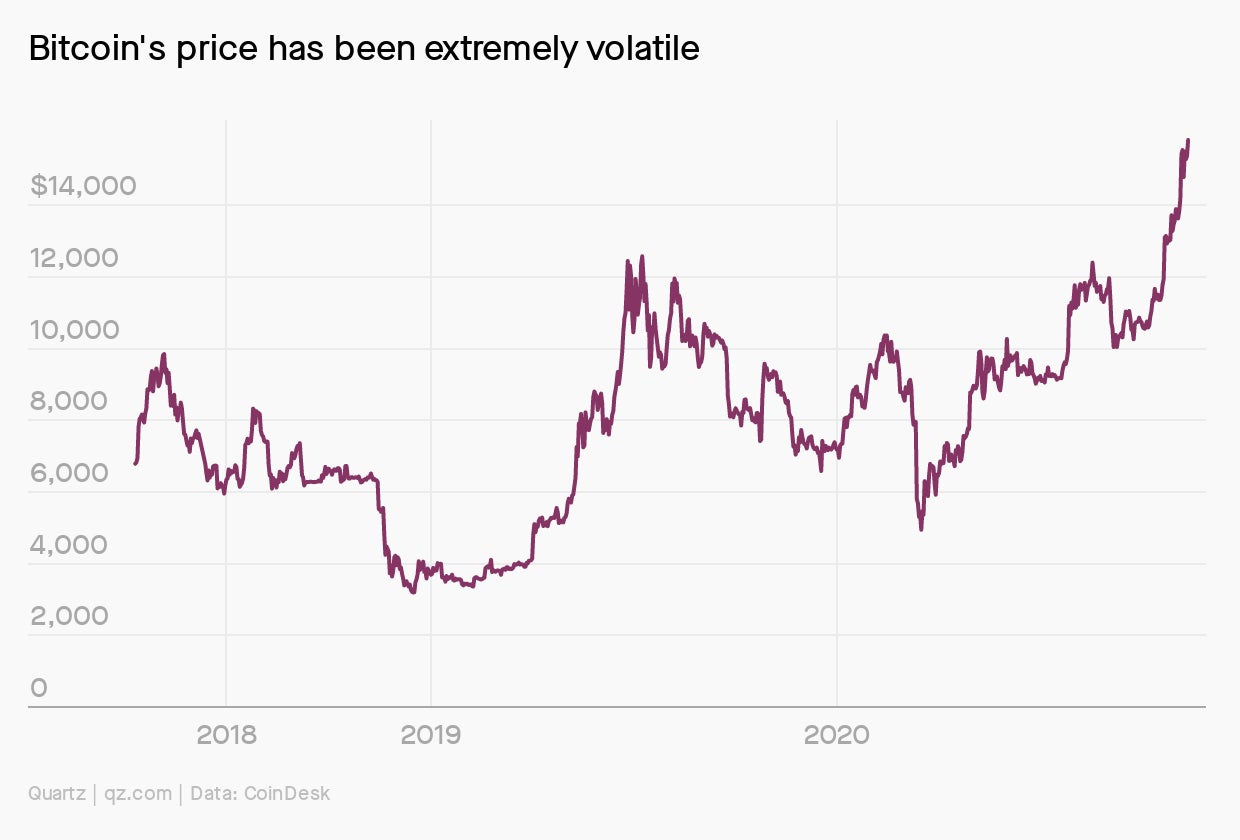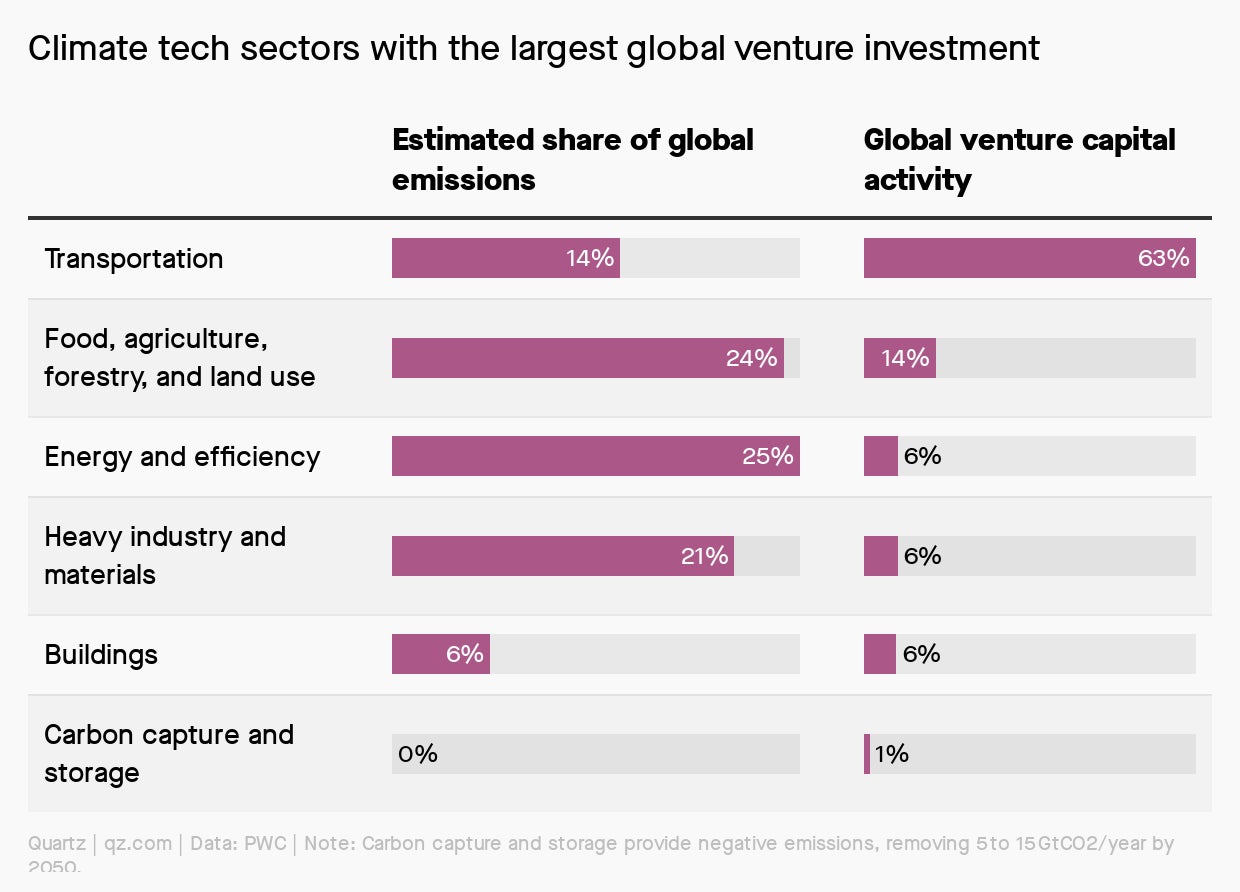ASEAN kicks off, bitcoin vs. gold, John Waters toilets
Good morning, Quartz readers!

Good morning, Quartz readers!
Here’s what you need to know
Diplomats gathered virtually for the ASEAN summit. Nguyen Xuan Phuc, prime minister of host country Vietnam, opened the week-long gathering of Southeast Asian nations by warning of the challenges the region faces from the pandemic, tensions in the South China Sea, and the rise of extremism.
Beijing took a defiant stance against Hong Kong criticism. After 15 pro-democracy lawmakers resigned in protest from the Hong Kong legislature, Beijing faced a barrage of international criticism led by the US. China’s foreign ministry dismissed the outrage, and now has a clear path to impose local laws as it sees fit.
TikTok will play on in the US, for now. Pending the results of legal challenges, the US commerce department announced that it would not implement an order that would have forced Apple, Amazon, and Alphabet to block TikTok downloads and web traffic, effectively banning the app.
Sony released a new PlayStation. The highly anticipated console was only available online through a handful of retailers’ websites. Pandemic-driven demand was so high that eager buyers crashed Walmart’s entire web store.
The pandemic boosted Tencent and crushed Nissan. In earnings calls, the Chinese video game maker reported soaring revenues and vowed to cooperate with antimonopoly regulators, while Nissan reported steep losses thanks to twin crises set off by Covid-19 and Carlos Ghosn. Meanwhile, Japanese telecom upstart Rakuten reported disappointing subscriber growth.
Charting bitcoin’s volatility
Since the spread of Covid-19 in India, bitcoin has outperformed every other asset class, including gold, giving a return of nearly 160% since April. Hindus consider the festivals of Dhanteras (today) and Diwali (tomorrow) auspicious for buying gold, and bitcoin’s returns have enthused some Indians so much that they’re shopping for bitcoin instead of gold this festive season.

Though bitcoin is faring better than gold as the macro-economy struggles through a difficult year, cryptocurrencies are famously volatile, and are unlikely to replace the typical steadiness of gold anytime soon.
Catnip for environmental investors
“Climate tech” in a startup description is what “bitcoin” or “AI” were a few years ago: irresistibly attractive to investors interested in the space. Opportunists eager to make a quick dollar will follow as the money and attention grows, but success won’t come easy.
Quartz summarized the landscape for climate tech in Silicon Valley and around the world. Investors, burned by expensive failures during the first clean tech boom between 2006 and 2011, are returning to cheaper startup and scaling costs and a growing expected market.

We’ll break down those sectors and tell you 87 startups to watch in our guide to climate tech’s second shot.
✦ It’s Members Week! We’re celebrating two years of Quartz membership, and we’d like to invite you to invest in your future reader satisfaction at 50% off, using code MEMBERSWEEK. (This offer does not apply to Quartz Japan memberships.)
You asked about polls
Why do US election polls keep getting it so wrong?
Less than a week ahead of the election, polls indicated Joe Biden would carry key swing states such as Florida and Ohio by six and four points respectively. In the end, Trump won Florida by 3.4 points and Ohio by 8.2 points. Polls were even more inaccurate for other races.
We were struck by the parallels between overconfident polls and overconfidence in human judgment. When asked to report an uncertain answer to a question using a 95% confidence interval—that is, to provide a range which they think has a 95% chance of containing the true answer—people’s intervals routinely contain the truth less than 50% of the time. (Quartz recently built a tool that lets you test your own overconfidence using this method.)
The last two presidential elections are not exceptional: polls are almost as consistently overconfident as individuals are. Aditya Kotak and Don Moore took a close look at the data.
As Covid-19 cases jump, we’re turning our Q&A attention back in that direction for next time.
Make business better with Quartz
Join our CEO Zach Seward on LinkedIn Live for a high-paced weekly discussion with next-gen business leaders on how they’re making business better in their own organizations. The series starts on Nov. 17—be sure to follow Quartz and Zach on LinkedIn to receive reminders.
Surprising discoveries
“Made in China” is getting a rebrand on Indian store shelves. Manufacturers are now labeling products “Made in PRC” to sidestep rising anti-China sentiment.
Shenzhen workers are legally required to take time off. A new city ordinance aims to combat a culture of overwork especially prevalent among tech workers.
A museum thanked a donor by naming a pair of bathrooms after him. The Baltimore Museum of Art said Hairspray director John Waters specifically requested the honor.
Kenya’s president stepped in to save a Nairobi fig tree. The century-old tree, considered sacred, stands in the way of a Chinese-funded highway planned to run through the capital city.
A Roman vault stores thousands of pieces of stolen art. The facility acts as a halfway house for pieces seized by police but not yet returned to their rightful owners.
Our best wishes for a productive day. Please send any news, comments, sacred figs, and wayward art to [email protected]. Get the most out of Quartz by downloading our iOS app and becoming a member. Today’s Daily Brief was brought to you by Nicolás Rivero, Liz Webber, and Susan Howson.